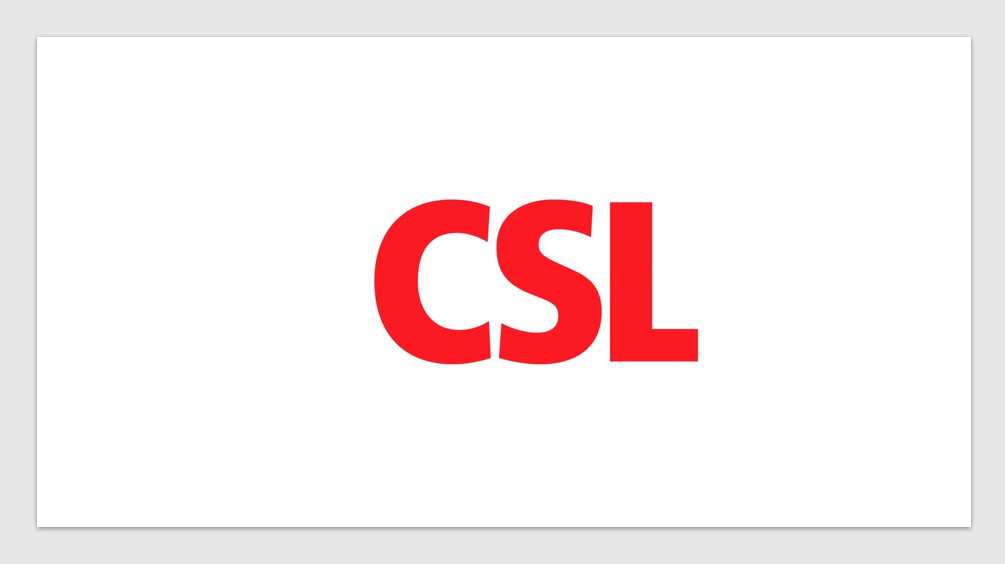News & Trends - Biotechnology
Aussie biotech secures agreement with UQ and USyd to advance cardiovascular diseases research

Biotech News: Australian biotechnology company, Cartherics, developing immune cell therapies for the treatment of cancer, has entered into a Technology Licence Agreement (TLA) with The University of Queensland’s commercialisation company UniQuest and The University of Sydney.
In parallel, Cartherics, The University of Queensland (UQ) and The University of Sydney have entered into a related Material Transfer Agreement (MTA). This agreement provides access to one of Cartherics’ iPSC lines to develop iPSC-derived cardiomyocytes (iPSC-CMs) for the treatment of cardiovascular diseases under a Medical Research Future Fund (MRFF) Stem Cell Mission grant for heart failure.
This innovative cardiac cellular therapy research is led by The University of Sydney’s Professor James Chong and Professor Peter Gray at UQ’s Australian Institute for Bioengineering and Nanotechnology (AIBN), supported by the $4.9 million MRFF grant.
iPSC-CMs have the potential to regenerate damaged heart tissue, improving heart function and patient outcomes. Using scalable production techniques, iPSC-CMs represent a promising therapeutic approach for a range of cardiac conditions, offering hope for more effective cardiovascular treatments.
“I am excited about this partnership progressing our stem cell derived heart muscle therapy for heart failure. A resultant clinical trial would be great for Australian patients and our stem cell science community,” Professor Chong stated.
Profesoor Gray added, “The project involves an excellent collaboration between Cartherics, the team at AIBN who have developed a bioprocess for the scalable production of high quality cardiomyocytes, and Professor James Chong, a clinician and researcher who, with his team at University of Sydney, have developed large animal models of cardiovascular disease.”
Under the TLA, UniQuest and The University of Sydney have the exclusive right to the Cartherics’ IPSC line in the field of cardiovascular diseases to commercialise the iPSC-derived cardiomyocyte products developed by the two universities.
Also, under the TLA, Cartherics gains access to technology developed by the universities related to propagation and characterization of the iPSC line and cells derived from it, for use outside the field of cardiovascular disease. A reciprocal revenue sharing arrangement applies to products developed and commercialised from the iPSC line in the field of cardiovascular disease and for products outside the field, respectively.
Cartherics’ Chief Executive Officer, Prof. Alan Trounson, commented “Cartherics is enthusiastic about the development of innovative cellular therapies for regenerative medicine and is pleased to have been able to provide access to one of our stem cell lines to allow UQ and The University of Sydney to advance their MRFF project.”
![]() In reimagining healthcare across the entire patient journey, Health Industry HubTM is the only one-stop-hub uniting the diversity of the Pharma, MedTech, Diagnostics & Biotech sectors to inspire meaningful change.
In reimagining healthcare across the entire patient journey, Health Industry HubTM is the only one-stop-hub uniting the diversity of the Pharma, MedTech, Diagnostics & Biotech sectors to inspire meaningful change.
The Health Industry HubTM content is copyright protected. Access is available under individual user licenses. Please click here to subscribe and visit T&Cs here.
News & Trends - Biotechnology

CSL reshapes R&D while bracing for U.S. tariffs
Australia’s largest biotech company CSL is streamlining its R&D operations to enhance efficiency amidst a rapidly evolving global landscape. The […]
MoreNews & Trends - MedTech & Diagnostics

Australia joins Medtronic trial in fight against resistant hypertension
Medtronic has launched an international clinical trial across Australia, the United States, and Europe to evaluate the feasibility of multi-organ […]
MoreNews & Trends - MedTech & Diagnostics

Medibank launches pharmacogenetic testing while government stalls on insurance discrimination ban
Medibank has become the first Australian health insurer to pay towards pharmacogenetic testing (PGx) for eligible customers on Extras cover. […]
MoreNews & Trends - Pharmaceuticals

Global pledge shifts visibility and action for patients with advanced breast cancer
Three breast cancer organisations have united internationally to demand that people living with metastatic breast cancer (MBC) are no longer […]
More